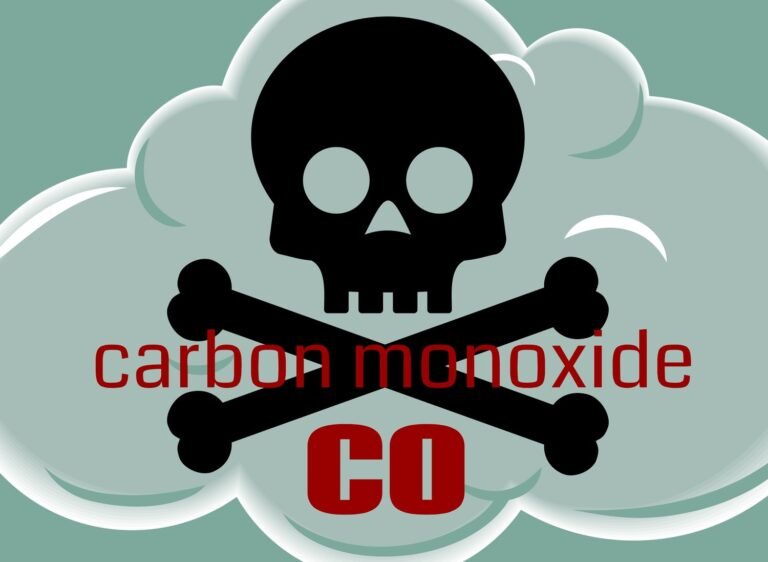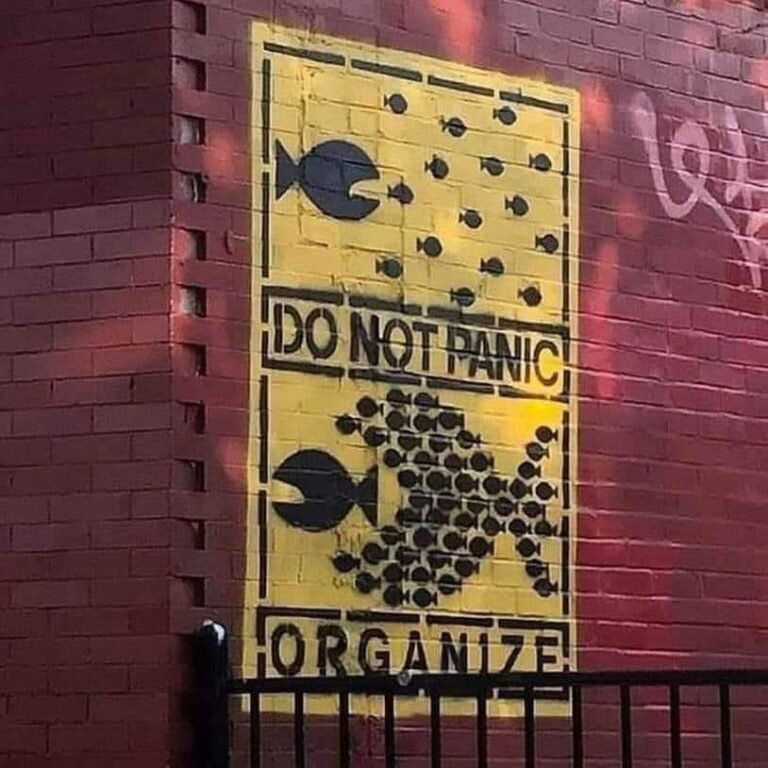Addressing Burnout and Attrition in Student Affairs: Strategies for Comprehensive Management
In higher education, we are encountering two significant challenges: burnout and attrition in student services roles. These dedicated professionals are crucial in enhancing the educational experience, so it is essential to prioritize their well-being and satisfaction for the benefit of students. This piece will revisit these subjects, analyze the causes of burnout, and propose practical strategies to enhance well-being and work retention. I am writing this in response to the recent resignations of three very skilled coworkers. Two of them departed without securing alternative employment due to exhaustion.
The Multi-Dimensional Nature of Burnout
Burnout in the field of student affairs is not a singular problem; rather, it is the result of a confluence of various pressures that sap the vigor and passion of professionals. Key among these are:
- High Stress Levels: The very essence of student affairs work—crisis management, student support, and non-traditional working hours—creates a perpetually high-stress environment. This relentless pressure is a primary catalyst for burnout, eroding the stamina and zeal of even the most passionate professionals.
- Emotional Exhaustion: The requirement to navigate complex emotional landscapes while maintaining professional composure places a heavy burden on student affairs staff. This emotional juggling act can lead to a significant drain on one’s emotional reserves, a core component of burnout.
- Resource Scarcity: The perennial challenge of operating with limited resources—be it staffing or budget—exacerbates the pressures on student affairs professionals, pushing some to the brink of burnout and prompting reconsideration of their career commitments.
- Work-Life Imbalance: The demands of student affairs roles often [understatement] blur the boundaries between professional and personal life, contributing to a work-life imbalance that fuels burnout and diminishes overall job satisfaction.
- Lack of Recognition and Career Advancement: The absence of adequate recognition for their impactful work, combined with scant opportunities for professional advancement, can lead to a sense of stagnation and dissatisfaction among student affairs professionals.
- Organizational Climate and Culture: An organizational environment that lacks support for employee well-being, characterized by poor leadership and a lack of appreciation, can significantly worsen burnout symptoms and hasten attrition.
The Unique Plight of Residence Life Professionals
Among the various roles within student affairs, Residence Life professionals are particularly susceptible to burnout and attrition. Their unique position, which often involves living on-site and being available 24/7, places an unparalleled demand on their personal and professional lives. This intense level of commitment can lead to a profound sense of isolation and a blurring of boundaries between work and personal space, exacerbating the risk of burnout.
Furthermore, when examining the intersectionality of gender and race, the picture becomes even more concerning. Women and minoritized professionals in Residence Life may face additional layers of stress and expectation, navigating systemic biases and often bearing the brunt of emotional labor without commensurate support or recognition. This compounded pressure can accelerate burnout and contribute to higher rates of attrition, underscoring the need for targeted support strategies that acknowledge and address these intersectional challenges.
Strategic Interventions to Counteract Burnout
Addressing the scourge of burnout demands a concerted, multifaceted strategy aimed at both alleviating immediate stressors and laying the groundwork for long-term professional fulfillment:
- Enhanced Support Systems: The establishment of comprehensive support mechanisms, including mentorship and continuous professional development, can provide student affairs professionals with the tools and resilience to navigate the multifarious challenges of their roles.
- Adequate Resource Allocation: Committing to sufficient staffing levels and budgetary support is essential for diminishing workload pressures and preventing the slide into burnout.
- Promotion of Work-Life Balance: Advocating for and implementing flexible work arrangements and a culture that prizes work-life balance are critical steps in safeguarding against burnout and enhancing overall job satisfaction.
- Recognition and Pathways for Advancement: Instituting clear avenues for career progression and regularly acknowledging the contributions of student affairs professionals can significantly boost morale and retention.
- Cultivating a Positive Organizational Climate: Fostering an organizational culture that prioritizes support, inclusivity, and appreciation is vital for mitigating the effects of burnout and ensuring the retention of talented professionals.
In the demanding landscape of professional and academic environments, a stark reminder looms large: some individuals prioritize appearances to an extreme, willing to sacrifice their well-being—and potentially yours—in the pursuit of external validation. The emphasis on optics, on appearing indefatigable and relentlessly committed, can lead to perilous outcomes. It is essential to recognize that while dedication and hard work are commendable, they should not come at the expense of your mental and spiritual health. The responsibility to safeguard these aspects of your life falls squarely on your shoulders; neglect them, and the consequences can be severe.
The cautionary tale here is not subtle: without proper self-care and boundaries, you risk becoming a cautionary tale, commemorated posthumously while the very institution you served moves on, your position re-advertised before the ink on your memorial dries. This stark imagery serves as a potent reminder of the expendability perceived in the workforce, underscoring the critical importance of self-preservation.
Therefore, embrace a work ethic that is vigorous yet sustainable. Move with purpose and integrity, navigating your professional journey in a manner that aligns with your values and well-being. Trusting your intuition is paramount; it is often the first line of defense against situations that may compromise your health or principles. In essence, work diligently but do so with a profound respect for your mental, physical, and spiritual health. Your contribution is invaluable, but so is your well-being. Remember, no accolade or achievement is worth sacrificing your health for; the most profound legacy you can leave is one of balance, integrity, and well-being.
The intersection of burnout and attrition within student affairs is a pressing issue that demands immediate and thoughtful action. By understanding the underlying causes and implementing strategic solutions, we can create an environment that not only addresses the symptoms of burnout but also champions the well-being and professional development of student affairs professionals.
As we enter the season of conferences, engage with a mentee/mentor and new colleague and ponder these two questions:
- How can we better support the mental health and well-being of student affairs professionals in our institutions?
- What steps can we take to transform our organizational cultures into bastions of support and appreciation for the vital work these professionals do?
Recommended Readings
Bazner. (2021). Views from the middle: Racialized experiences of midlevel student affairs administrators. Journal of Diversity in Higher Education. https://doi.org/10.1037/dhe0000384
Buchanan, J. (2012). Factors that influence attrition of new professionals in student affairs [Doctoral dissertation, Widener University]. ProQuest Dissertations Publishing.
Hodge, L. S. (2016). Vicarious trauma, emotional intelligence, and the impact on job satisfaction in residence life staff [Doctoral dissertation, University of Central Florida]. STARS Electronic Theses and Dissertations. http://stars.library.ucf.edu/etd/5176
Peterson Ricke, M. L. (2020). Did you take care of everybody? Insights on crisis management from senior student affairs professionals [Doctoral dissertation, University of Northern Colorado]. Digital UNC. https://digscholarship.unco.edu/dissertations/691







